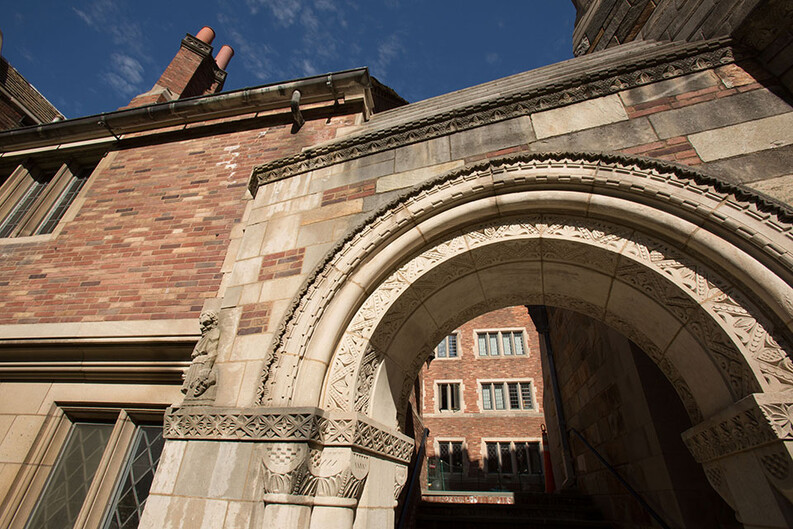YLS Center Submits Amicus Brief in Guantanamo Case

On October 10, 2017, Professor of International Law Oona Hathaway ’97 submitted an amicus brief on behalf of the Center for Global Legal Challenges in support of reconsidering the case of Moath Hamza Ahmed Al-Alwi v. Donald J. Trump before the U.S. Court of Appeals for the District of Columbia. The U.S. Government has held Mr. Al-Alwi, the petitioner in the case, at Guantanamo Bay for more than 15 years. Since 2005, he has been seeking a writ of habeas corpus against the U.S. Government.
In his most recent filings at the United States District Court for the District of Columbia earlier this year, Al-Alwi argued that the U.S. Government’s authority to detain him under the 2001 Authorization for the Use of Military Force (AUMF) has terminated because the conflict in which he was captured is no longer in a phase of active hostilities. While the AUMF does not explicitly grant the U.S. Government authority to detain persons, six justices in the 2004 Supreme Court case Hamdi v. Rumsfeld relied on international law of war principles to hold that the Executive may detain combatants in the War on Terror so long as “active hostilities” remain ongoing in the relevant conflict.
A key issue on appeal, however, is how the court should determine whether active hostilities are in fact ongoing. In an opinion informed by Al-Bihani v. Obama, the U.S. District Court for the District of Columbia deferred to statements from the executive branch in concluding that active hostilities were ongoing and therefore that the President retained the authority to detain Al-Alwi under the AUMF. Al-Alwi now seeks an en banc appeal of this decision, arguing that the Executive and the court must be guided by facts on the ground, and not simply by Executive representations.
The Center’s brief in support of the petitioner shows that the international law of war in fact constrains the President’s authority to detain under the AUMF to situations of active hostilities, and that the international law of war requires a fact-based assessment in determining whether such hostilities are ongoing. The brief cites to a wide range of sources, including commentaries to the Geneva Conventions of 1949, manuals used by militaries around the world, judgments of international tribunals, and prior judgments of the U.S. Supreme Court to support the proposition that the close of active hostilities requires the court to assess the facts on the ground. A number of leading experts in international law have signed on to the brief as amici.
In preparing the amicus brief, Professor Hathaway worked with attorneys at Debevoise & Plimpton including Jennifer R. Cowan, Megan Corrarino ’13, and Julia Shu ’16. Several Yale Law School students also collaborated in planning, researching, and drafting the brief, including Paulina Perlin ’19, Srinath Reddy Kethireddy ’19, Joe Schottenfeld ’19, and Beatrice Walton ’18. Students in Professor Hathaway’s seminar on International Law and Foreign Relations also assisted in refining the brief.
The Yale Law School Center for Global Legal Challenges is an independent Center that bridges the divide between the legal academy and legal practice on global legal issues.


